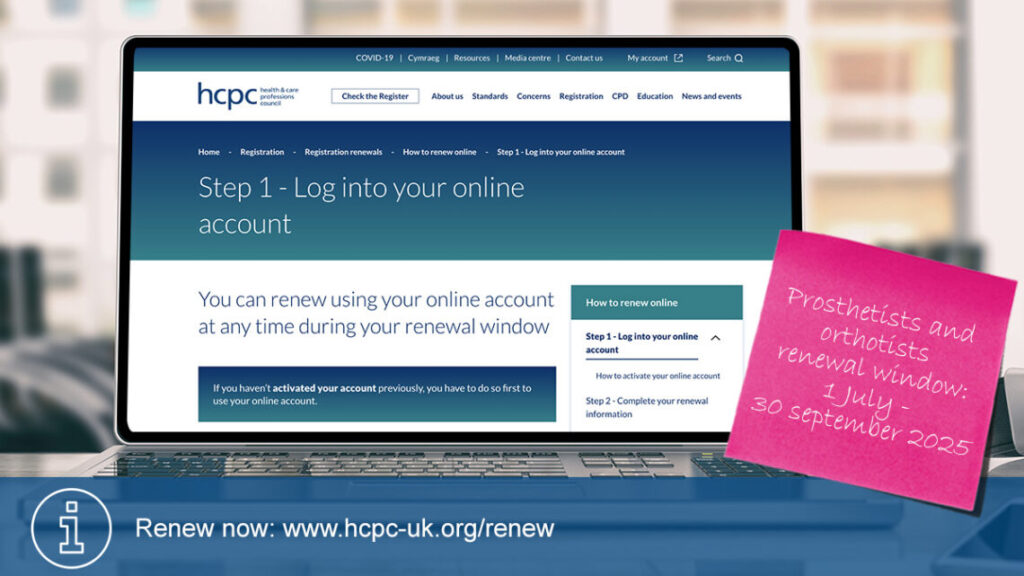BAPO is proud to publish a comprehensive new guide that supports prosthetists and orthotists in their critical duty to protect children and vulnerable adults.
🛡️ What’s Inside:
✔️ Clear definitions and types of abuse
✔️ Guidance on reporting and handling disclosures
✔️ Legal responsibilities under safeguarding laws
✔️ Special topics: FGM, CSE, LAC, mental health, and more
✔️ Tools for assessment, record-keeping, & decision-making
Whether you’re in working in the NHS or private practice —this guide ensures your safeguarding practices are informed, consistent, and compassionate.
📘 Safeguarding is everyone’s responsibility. 👉 Download the guide now and share with your network.
